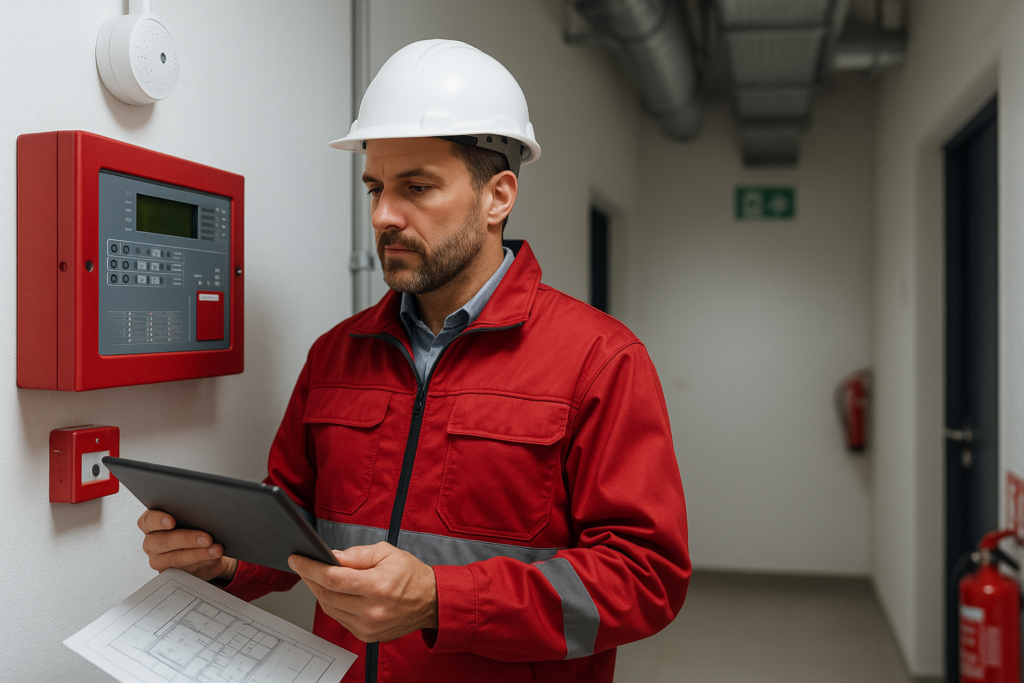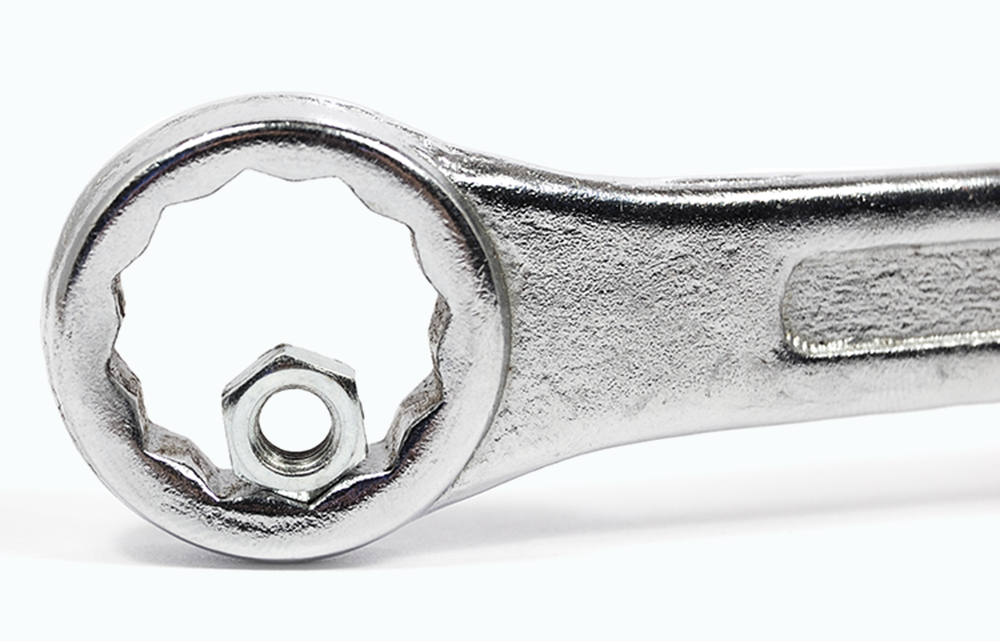Fire Safety Engineer Salary

Introduction
If you’re working in the fire industry or thinking about stepping into it, understanding the current fire safety engineer salary is a smart place to start. Salaries vary depending on location, experience, qualifications, and whether you’re working permanently or on a subcontract basis. In this guide, we’ll break down the factors that influence your income as a fire engineer, giving you the insight to plan your next move confidently.
What Does a Fire Engineer Do?
A fire engineer applies science and engineering principles to safeguard people, property, and buildings from fire risks. This role involves designing fire protection systems, carrying out risk assessments, and ensuring compliance with fire safety regulations. You’ll work alongside construction professionals, support with building design, and help shape safety from the ground up.
Average Fire Engineer Salary in the UK
The average fire and security engineer salary uk depends heavily on your level of experience and the complexity of the projects you’re involved in. Generally, you can expect to earn between £35,000 and £55,000 in a permanent role, with some senior or specialist engineers earning up to £70,000+. Subcontractors can often exceed these figures depending on demand and specialism.
Factors That Influence Fire Engineer Salary
Your engineer salary isn’t just about your job title. Key factors include:
- Experience – seniority matters
- Qualifications – a relevant degree boosts pay
- Location – areas like London pay more
- Job type – subcontracting vs permanent
- Skills and knowledge
- Company size and project scale
Location Makes a Difference
In high-demand regions like London or the South East, salaries tend to be higher due to living costs and project complexity. In contrast, positions in regional areas may offer lower base pay but more flexibility and better work-life balance.
Permanent Role or Subcontract?
Choosing between a permanent position and subcontract work significantly affects your take-home pay. Subcontractors often earn more per hour or day, especially on large-scale construction or building services projects, but they carry their own tax and holiday responsibilities. Permanent roles provide stability, benefits, and often more structured professional development.
Typical Job Titles and Responsibilities
Common fire engineer jobs include:
- Fire Installation Engineer
- Service and Maintenance Engineer
- Fire Design Engineer
- Fire Risk Assessor
Each job title comes with its own salary range depending on your experience and the systems you work with.
Essential Skills and Qualifications
To maximise your salary figures, you’ll need:
- A degree in a relevant subject like Fire Safety Engineering or Building Services Engineering
- Strong technical knowledge of fire protection systems
- Understanding of fire regulations and risk assessments
- Good communication skills for client-facing roles
- Proficiency in computer modelling software such as AutoCAD or Revit
Having these skills not only boosts your pay but opens the door to more senior positions.
The Role of Fire Safety Regulations
A large part of your role as a fire engineer is ensuring that new and existing buildings comply with fire safety regulations. This can include:
- Advising on fire safety measures
- Planning for regular inspections
- Collaborating with the wider construction team to minimise fire risks
- The more in-demand your expertise, the more you can charge.
Career Progression and Salary Growth
Like many technical careers, professional growth is tied closely to experience, training, and certifications. Continuing professional development, taking on larger or more complex projects, and working toward chartered status all impact your earning potential.
Those with 10+ years’ experience often progress into senior roles or consultancy, commanding some of the highest salaries in the fire safety engineering field.
The Value of Sector Expertise
Specialist knowledge—whether in residential towers, healthcare environments, or commercial premises—can significantly enhance your marketability. Employers are looking for fire engineers who understand not only engineering principles, but how to apply them in real-world settings where safety and compliance are non-negotiable.
The Importance of Qualifications
Formal qualifications matter. Most employers will expect at least a BSc or equivalent degree, and industry certifications such as:
- IFE (Institution of Fire Engineers) membership
- CPD-accredited training courses
- NVQ or BTEC qualifications in fire safety or construction
- The stronger your technical foundation, the better your earning potential.
Fire Safety in Building Design
Fire safety engineering is integral to building design, especially in modern high-rises, public infrastructure, and complex-use spaces. Your input directly shapes safe, compliant spaces, from layout to materials and escape routes.
This depth of responsibility is reflected in your engineer salary—and it’s why demand for qualified professionals is only increasing.
Why Salaries Are Rising
With new legislation, increased demand for regular inspections, and a focus on safer buildings post-Grenfell, the need for skilled fire engineers has never been greater. Whether you’re seeking your first role or moving into a leadership position, there’s real earning potential in today’s market.
Ready to Explore Fire Engineer Jobs?
If you’re considering your next move and want to understand how your salary compares, you’re not alone. Many engineers look to benchmark their pay, assess options in other parts of the United Kingdom, or explore fire engineer jobs that offer more flexibility or better professional growth.
Talk to CSR
We work with fire engineers across the UK, from service and installation specialists to consultants and senior designers. Whether you’re looking to increase your earnings, upskill through further training, or simply explore new projects, we’re here to help.
We are here to help you achieve your goals in the fire and security industry.
Every Job is Easier if You Have the Right Tools
